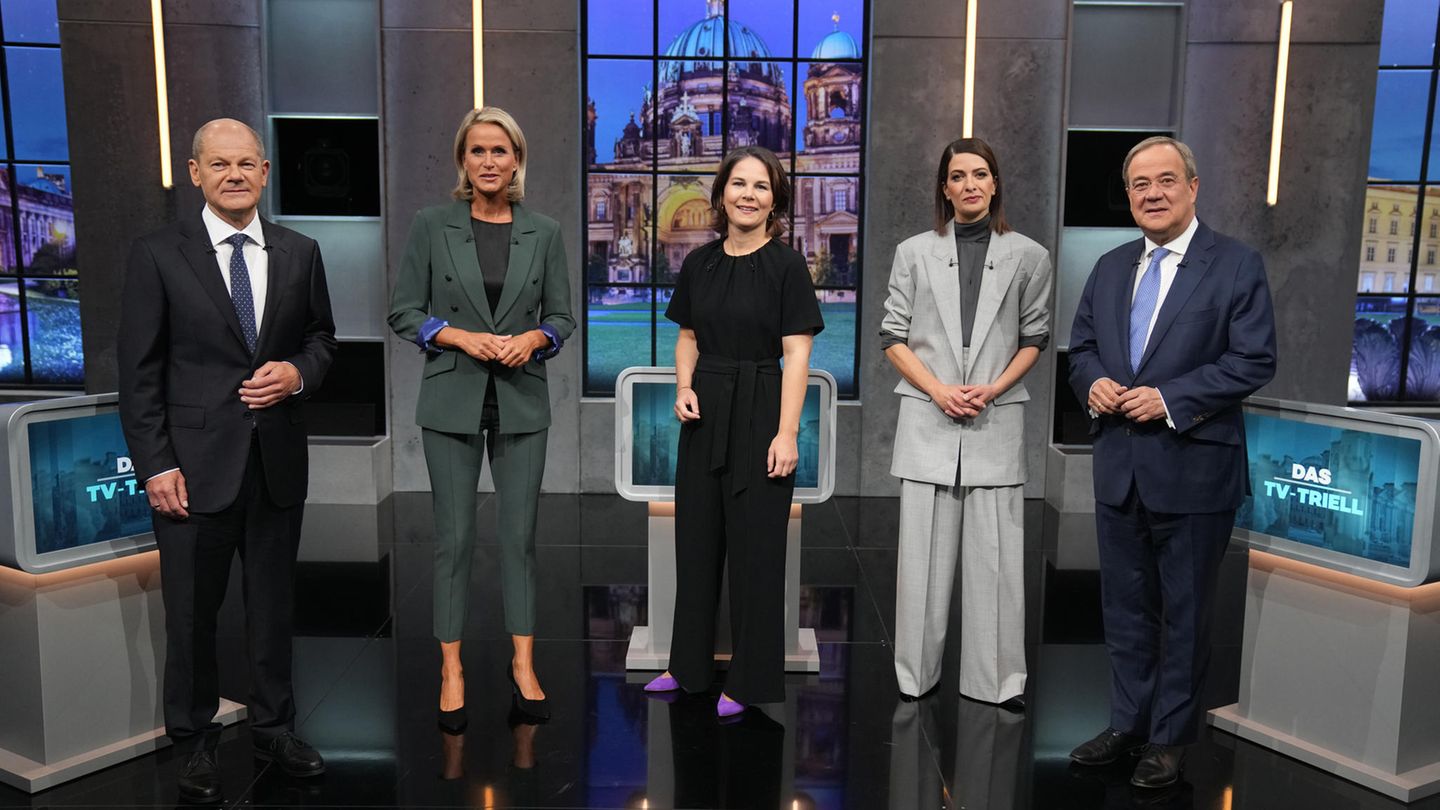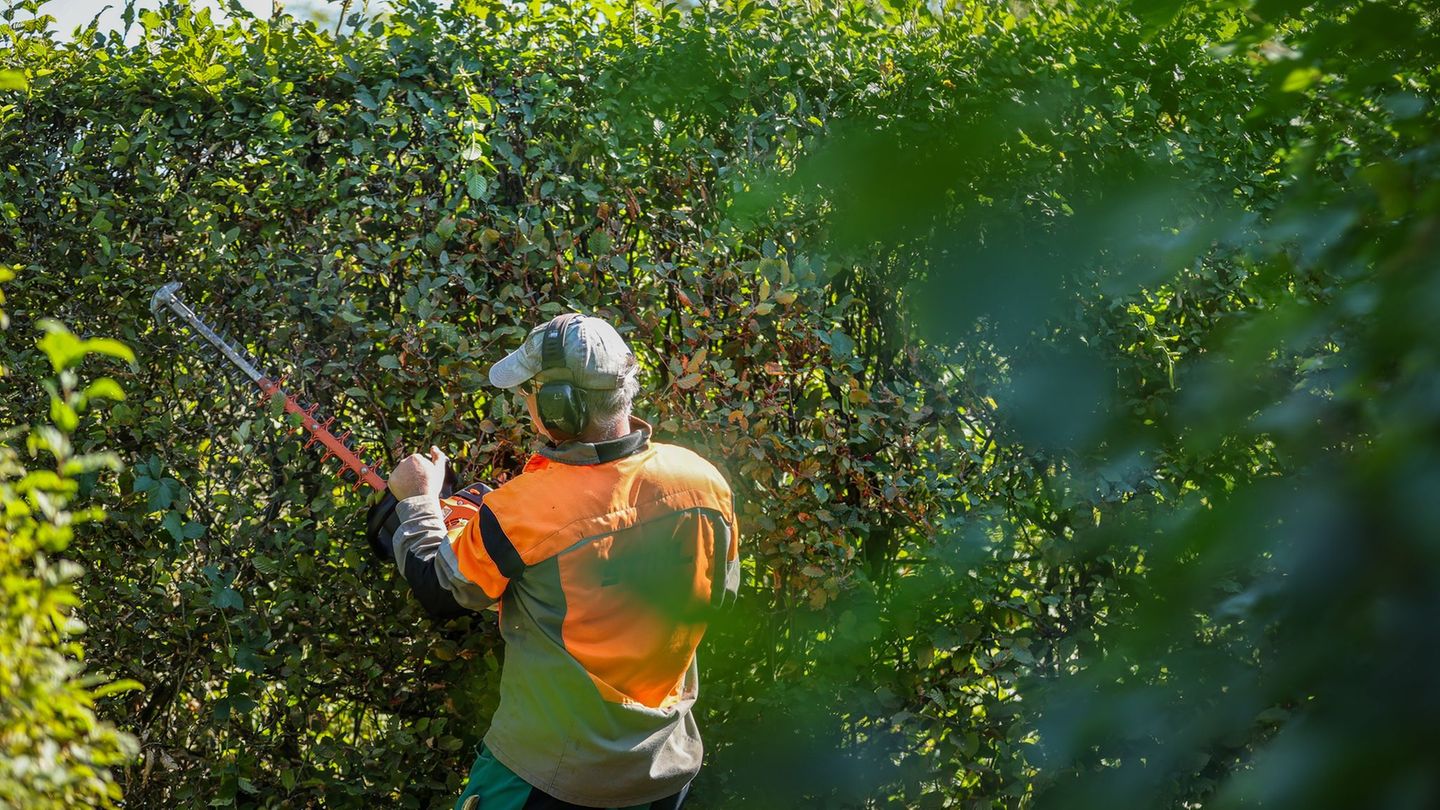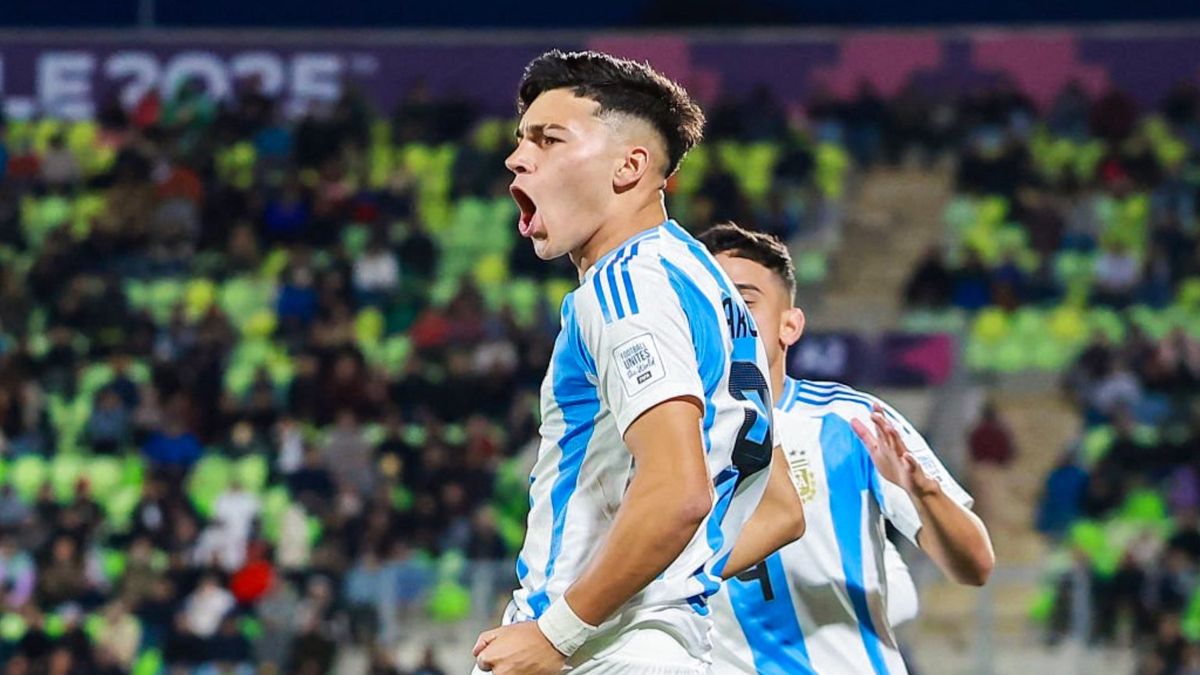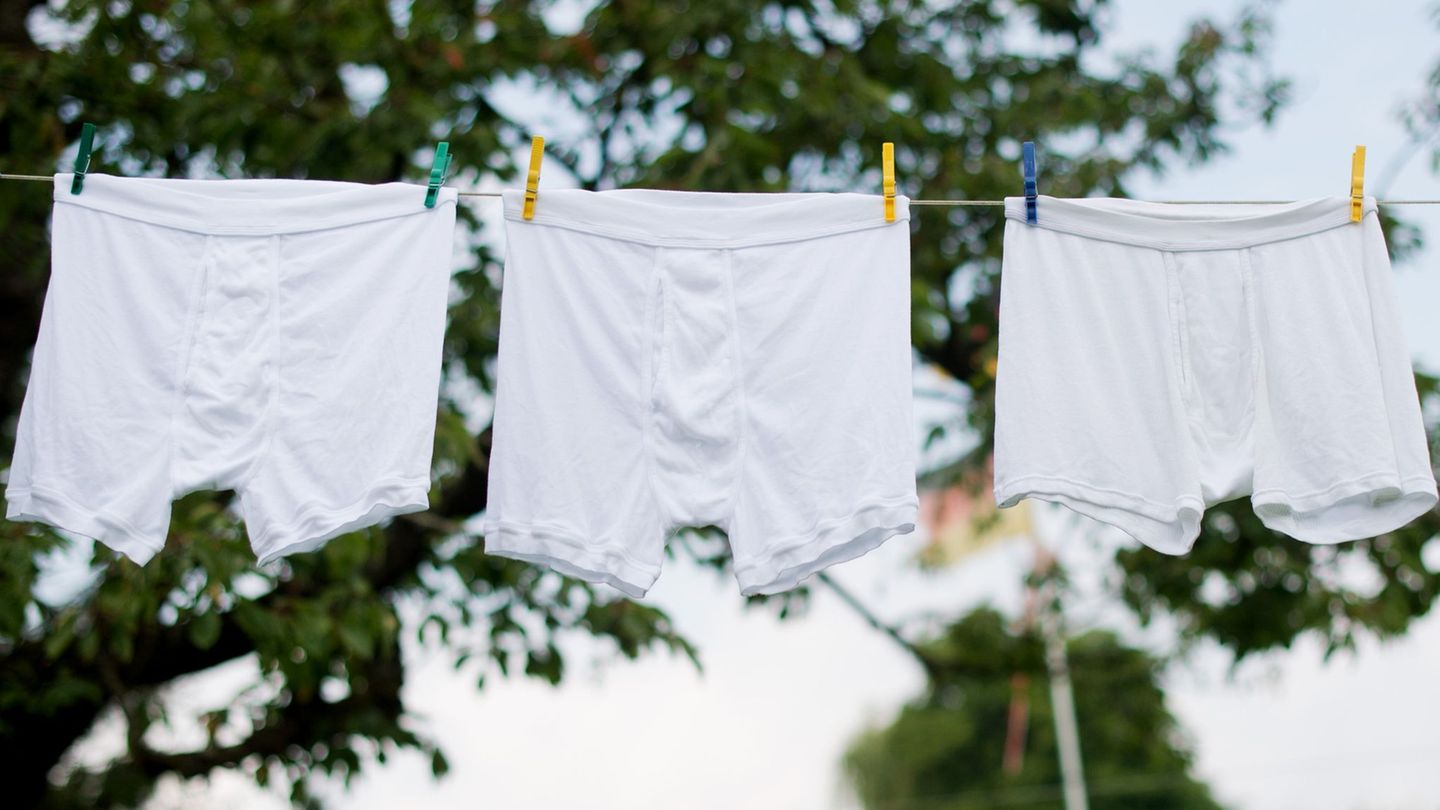In the third exchange of blows, the Chancellor candidates Olaf Scholz, Annalena Baerbock and Armin Laschet answered questions from Linda Zervakis and Claudia von Brauchitsch. Again one Parforceritis through many topics – there wasn’t much that was new.
Minimum wage, Hartz IV, climate protection, Corona – for the last time before the federal election, the candidates for chancellor from the Union, SPD and Greens fought for their positions in front of a large television audience. In the third triumph, which this time was carried out by the broadcasters ProSieben, Sat.1 and Kabeleins, agreement between Olaf Scholz (SPD) and Annalena Baerbock (Greens) became clear in several places, especially on social issues. They clearly set themselves apart from their Union competitor Armin Laschet.
The very factual debate did not produce any significant new insights. Laschet, Scholz and Baerbock largely repeated their positions from numerous campaign speeches and from the two previous Triells.
Red-Green against Union
The CDU chairman came this time – felt – less than in the previous two Triell editions to the attack, although according to the stopwatch, he had the largest proportion of speeches for a long time. Again and again he had to defend himself against attacks from Scholz and Baerbock. In the beginning, Laschet also had to fight a frog in his throat. It evaporated quickly, but the battle line-up remained in principle: two against Laschet, red-green against Union.
Right from the start, Laschet was the only one to reject an increase in the minimum wage by the legislature and was on the defensive on this issue. He tried attacks on Scholz, accusing him of election tactics. Immediately afterwards, the NRW Prime Minister had to defend himself against Baerbock’s accusation that he did not want to get children out of Hartz-IV. At first Laschet did not even have a say, but then made his point: “The biggest problem of poverty is when parents have no work,” emphasized the CDU leader. “That’s right,” replied von Scholz.
Baerbock Laschet also approached Laschet head-on when it came to the Green’s core issue of climate protection – at times he only managed to hold up the word “prohibitions” with a raised forefinger. Did that work well with the audience?
Shortly before the end, Laschet then tries to turn the tables and bring a gap between Baerbock and Scholz: He asked Baerbock what she expected from Scholz this Monday when he testified in the Bundestag Finance Committee about the ongoing money laundering investigations. Baerbock’s answer: “That there is full transparency.” Laschet is unlikely to have achieved the hoped-for impact at Scholz via the detour Baerbock.
Olaf Scholz remained true to his calm course
The candidate, whose party has been leading the polls for around three weeks, had it easy compared to the last TV exhibition match. The first topic on the table was poverty in Germany, not the money laundering raid or Wirecard, which Scholz had immediately put under pressure at the ARD / ZDF triell. One question was whether he could even understand how nurses and others are doing. “I can definitely empathize with that.” In solidarity with Baerbock on his left, Scholz was able to spell out his campaign hit 12 euros minimum wage. Many women benefited from it. “That’s what Mrs. Baerbock said.”
When Baerbock and Laschet argued over taxes, the finance minister demonstrated with a grin that he was happy to stand over the dispute. He outlined the similarities in taxation between the SPD and the Greens and, on the side, dismissed the Union’s plans for relief as “unfinanced”. Scholz routinely tried to let Baerbock’s attacks because of her view of too lame coal exit plans roll off. It doesn’t just need goals. “It then has to go with the laws (…) speed.”
The SPD man sounded just like Chancellor Angela Merkel when he called for the corona vaccination. And when Scholz was asked about money laundering, namely by Baerbock, he was able to list in peace what the government had already done.
On the coalition question, Scholz pointed out the commonality that everyone ruled out an alliance with the AfD. “And then I don’t want to hide the fact that I would like to form a government together with the Greens, of course.”
Green taunts
Baerbock acted similarly to the previous triell. In social policy, she sought solidarity with Scholz. On the other hand, when it comes to the core green issue of climate protection, she opposed both. She accused Scholz and Laschet of inaction as the representatives of the grand coalition. That also entails costs, argued the Greens leader: “If we do nothing now, it will be priceless in the future.”
Baerbock and Laschet again argued about the importance of a ban on environmentally harmful technologies – for them a necessary political guard rail, from his point of view a brake on innovation. “I wonder what’s the matter with you, Mr. Laschet,” said Baerbock, aghast.
Overall, Baerbock appeared calm and well sorted. She took targeted stabs especially against Laschet. “Can you please stay with the facts?”, She asked the CDU boss in the new edition of a debate from the previous Triell about the Hartz IV system, from which she would like to exclude children. Laschet, on the other hand, emphasized that parents had to be given wages and bread as a priority.
In addition to climate policy, Baerbock once again placed emphasis on social issues – again and again she referred to the difficult financial situation of single parents and child poverty. Although her party only ranks third in the polls, Baerbock emphasized: “A green-led government is needed for a new start.” For this she will fight to the end.
What was talked about – and what not
Unlike the other two Triells, the candidates were allowed to ask each other questions in one round. Baerbock asked Scholz about combating money laundering in Germany. Laschet followed up on this and wanted to know from Baerbock what she expected from the special meeting of the Bundestag Finance Committee that was requested for this Monday. And Scholz confronted Laschet with the refusal of the Union to share the higher heating costs due to CO2 pricing equally between tenants and landlords.
A wide range of topics was addressed in the 90-minute program: it ranged from the level of the minimum wage and Hartz IV rates to climate protection and digitization, right through to the fight against corona and care. Scholz, Laschet and Baerbock were also asked about their desired coalitions and their no-go in coalitions. All three rejected a coalition with the AfD, even just a conversation with it.
Foreign and security policy was not a topic of the triell, and European policy was not discussed either. Domestically, for example, the issues of the health system and health insurance or rents were missing. The investigations against the money laundering central office of the customs, about which there had been a hard exchange of blows a week earlier, only played a marginal role.
The dispute at the stations Sat.1, ProSieben and Kabeleins was the last triad. The chancellor candidate and the two chancellor candidates had previously met on RTL / ntv and ARD / ZDF. For voters who are still undecided, there will be another opportunity to form an opinion next Thursday (23rd). Then ARD and ZDF (8:15 p.m.) hold a final round with the top candidates from all parties represented in the Bundestag.
David William is a talented author who has made a name for himself in the world of writing. He is a professional author who writes on a wide range of topics, from general interest to opinion news. David is currently working as a writer at 24 hours worlds where he brings his unique perspective and in-depth research to his articles, making them both informative and engaging.




